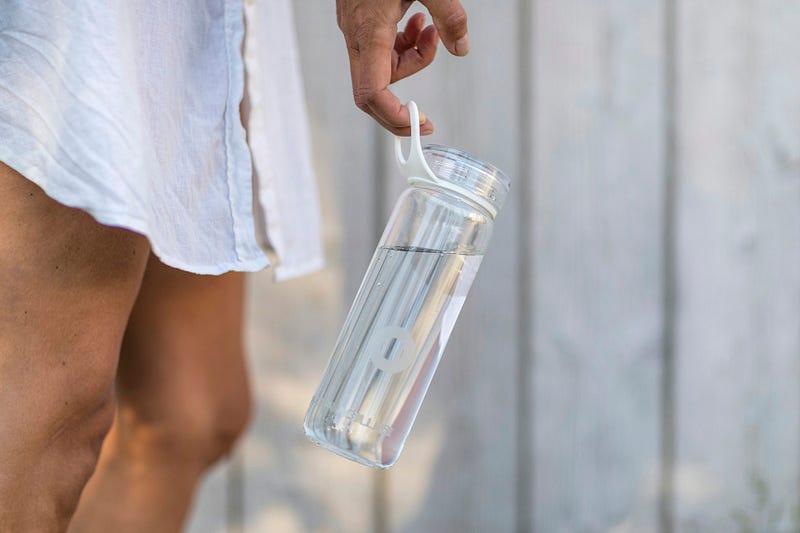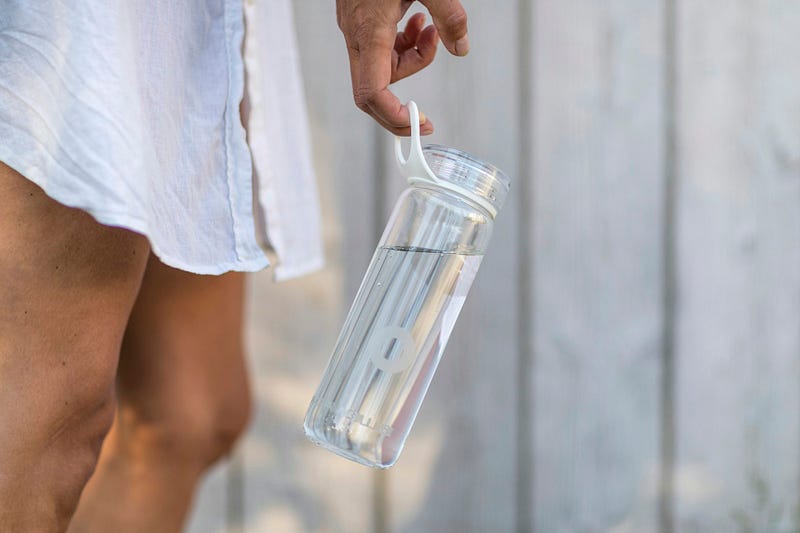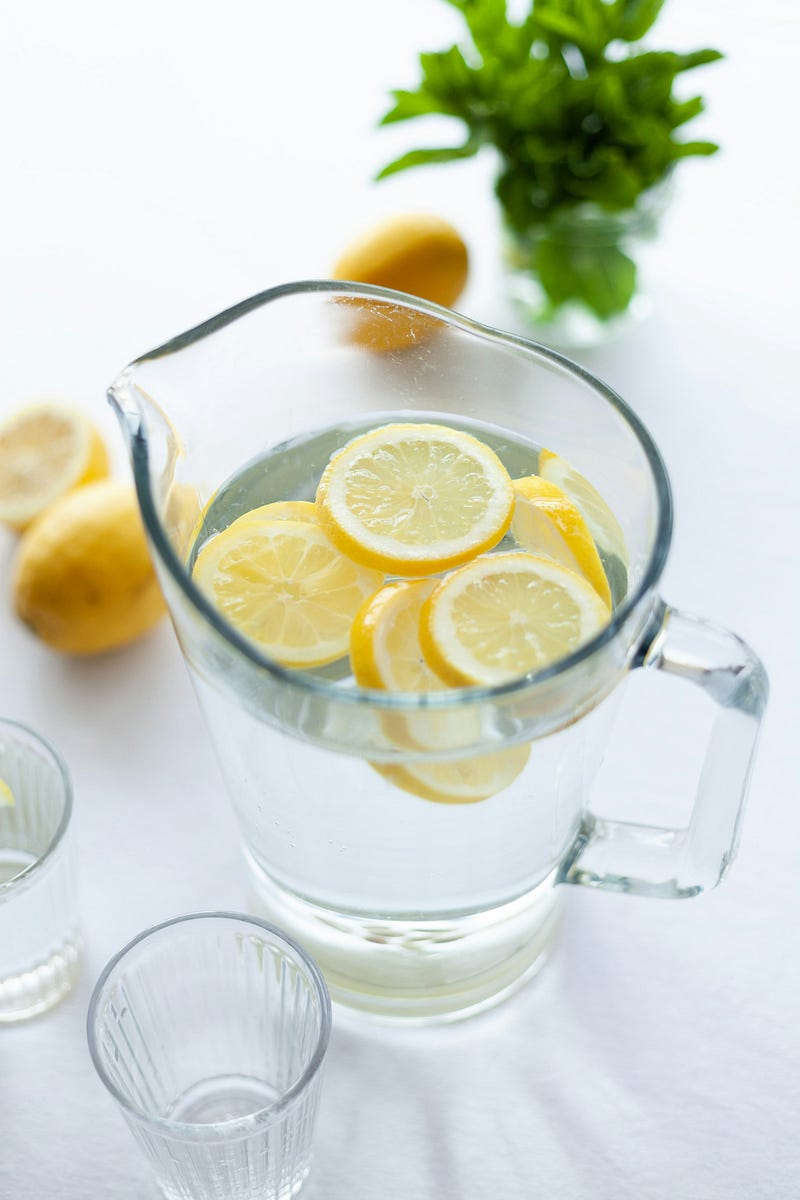
5 Dietary Changes to Help Prevent Urinary Tract Infections
Oksana RozponczykShare
Have you often struggled with urinary tract infections? Urinary tract infections can not only be bothersome but also affect your daily functioning. Fortunately, there are ways to reduce the risk of their occurrence through proper diet and dietary habits.
Urinary tract infection, also known as cystitis, is a condition caused by a bacterial infection that attacks the mucous membrane of the urinary bladder. This type of infection is one of the most common health problems associated with the urinary system.
 Photo by Sergio Briones on Unsplash
Photo by Sergio Briones on Unsplash
Urinary bladder infections often occur when bacteria enter the bladder through the urethra. A common risk factor is the short urethra in women, which facilitates bacteria reaching the bladder. Other causes may include:
-
Inadequate hydration: Drinking small amounts of fluids can lead to less frequent urination, which in turn can increase the risk of urinary tract infections.
-
Frequent urine retention: Holding urine in the bladder for extended periods can create favorable conditions for bacterial growth.
-
Diabetes: Individuals with diabetes may be more susceptible to urinary tract infections due to immune system disorders.
-
Improper hygiene: Poor hygiene habits, such as inadequate cleansing of intimate areas, can increase the risk of urinary tract infections.
- Coexisting health issues: Certain conditions, such as compromised immunity, kidney stones, or the presence of foreign bodies in the urinary tract, can increase the risk of urinary tract infections.
Urinary tract infections can cause symptoms such as pain during urination, frequent urination, a burning sensation during urination, and the presence of blood in the urine. If you suspect a urinary tract infection, it’s always worth consulting a doctor for a proper diagnosis and treatment.
 Photo by Bluewater Sweden on Unsplash
Photo by Bluewater Sweden on Unsplash
Combatting Urinary Tract Infections: Dietary Tips
-
Drink Plenty of Water
Drinking an adequate amount of water can help maintain hydration of the urinary system and eliminate toxins from the body. Aim to drink at least 8 glasses of water a day, and increase your water intake if you engage in increased physical activity or during hot weather.
-
Avoid High-Sugar Beverages
Beverages high in sugar, such as sweetened sodas or fruit juices, can promote the development of urinary tract infections by providing food for bacteria. Instead, opt for water, herbal tea, or flavored water.
-
Maintain Proper Hygiene
Regularly washing the intimate areas and using the toilet immediately after sexual intercourse can help prevent urinary tract infections. Also, ensure proper hygiene during menstruation by regularly changing pads or tampons.
-
Consume Foods Rich in Probiotics
Probiotics, or good bacteria, can help maintain a healthy bacterial flora in the urinary system and prevent infections. Consume fermented products such as natural yogurt, kefir, or fermented vegetables.
-
Limit Caffeine and Alcohol
Intake Caffeine and alcohol can irritate the urinary system, promoting the development of urinary tract infections. Limit your consumption of coffee, tea, and alcoholic beverages, especially if you are prone to urinary tract infections.
-
Eat Foods Rich in Vitamin C
Vitamin C can help strengthen the immune system and maintain healthy skin of the urinary system. Therefore, regularly consume fruits and vegetables rich in vitamin C, such as citrus fruits, kiwi, bell peppers, or kale.
 Photo by Julia Zolotova on Unsplash
Photo by Julia Zolotova on Unsplash
It is worth consulting a dietitian for urinary tract infections for several reasons:
-
Healthy diet supports the immune system: A well-balanced diet can strengthen the immune system, which can help combat infections, including urinary tract infections. A dietitian can advise on the proper consumption of nutrients that support immunity, such as vitamins and minerals.
-
Proper diet can reduce the risk of recurrence: Certain food products can affect the pH of urine and increase the risk of recurrent urinary tract infections. A dietitian can advise on avoiding or limiting the consumption of such products and recommend a diet with the correct pH, which can reduce the risk of recurrence.
-
Dietitian can advise on hydration: Consuming adequate fluids is crucial for the health of the urinary system because it helps eliminate bacteria from the bladder through more frequent urination. A dietitian can help develop a hydration plan that provides an adequate amount of fluids to prevent dehydration and simultaneously reduce the risk of infection.
-
Individualization of the diet: Each patient may have different dietary needs and preferences. A dietitian can tailor a dietary plan to the individual needs of the patient, taking into account any food allergies, intolerances, and dietary preferences.
- Patient education: A dietitian can provide patients with knowledge about the impact of diet on the health of the urinary system and which food products to avoid or limit to reduce the risk of urinary tract infections. Patient education can also help motivate the adoption of healthier dietary habits, which can contribute to reducing the risk of infection.
Summary
Urinary tract infections can be troublesome, but a proper diet and dietary habits can help prevent them. Remember to drink water regularly, avoid high-sugar drinks, maintain hygiene, and consume probiotics and vitamin C. A healthy diet is the key to urinary system health!
However, if you have a tendency to frequent urinary tract infections or have doubts about your diet, consult a dietitian who will help you adjust your meal plan to your individual needs and support your health.



